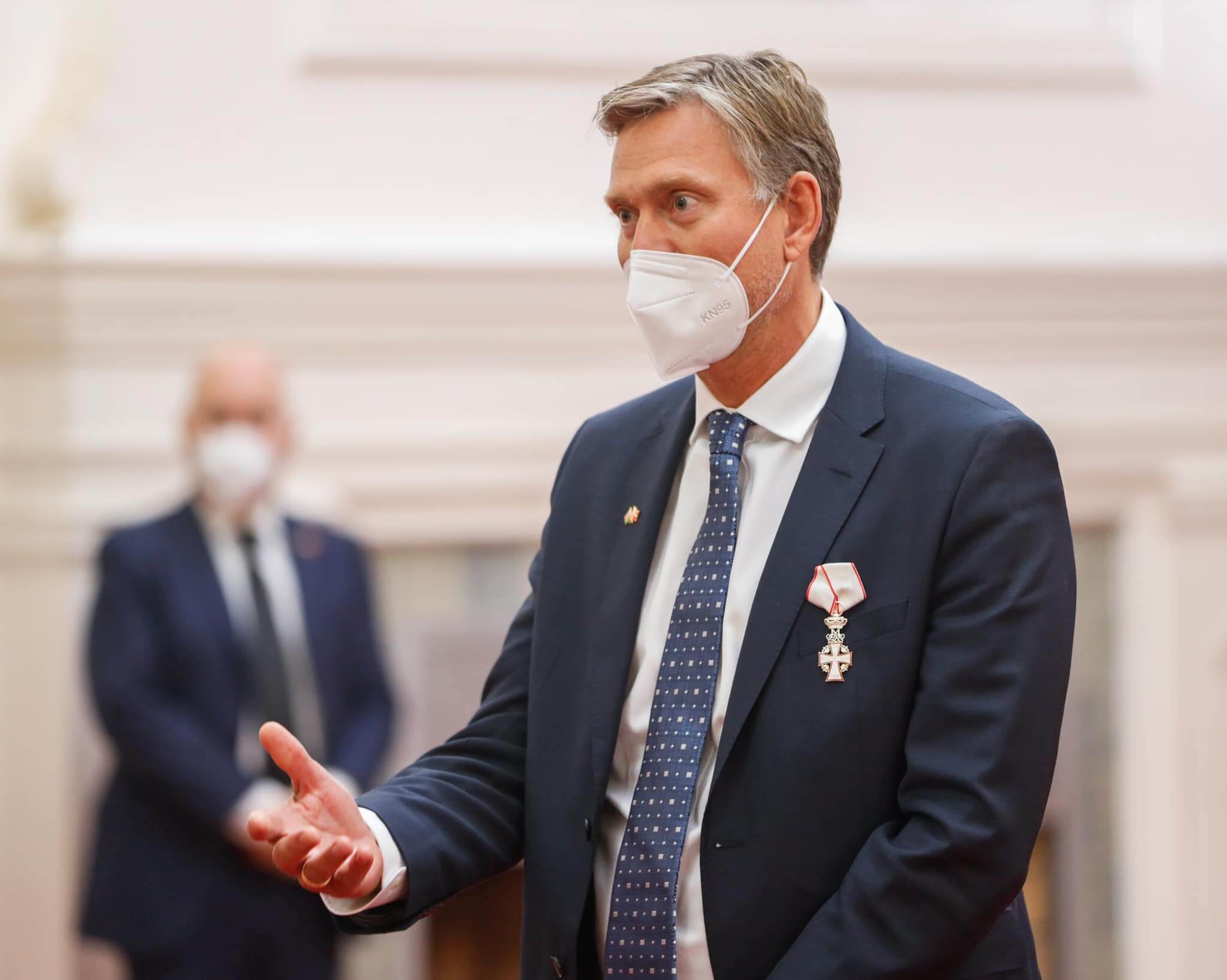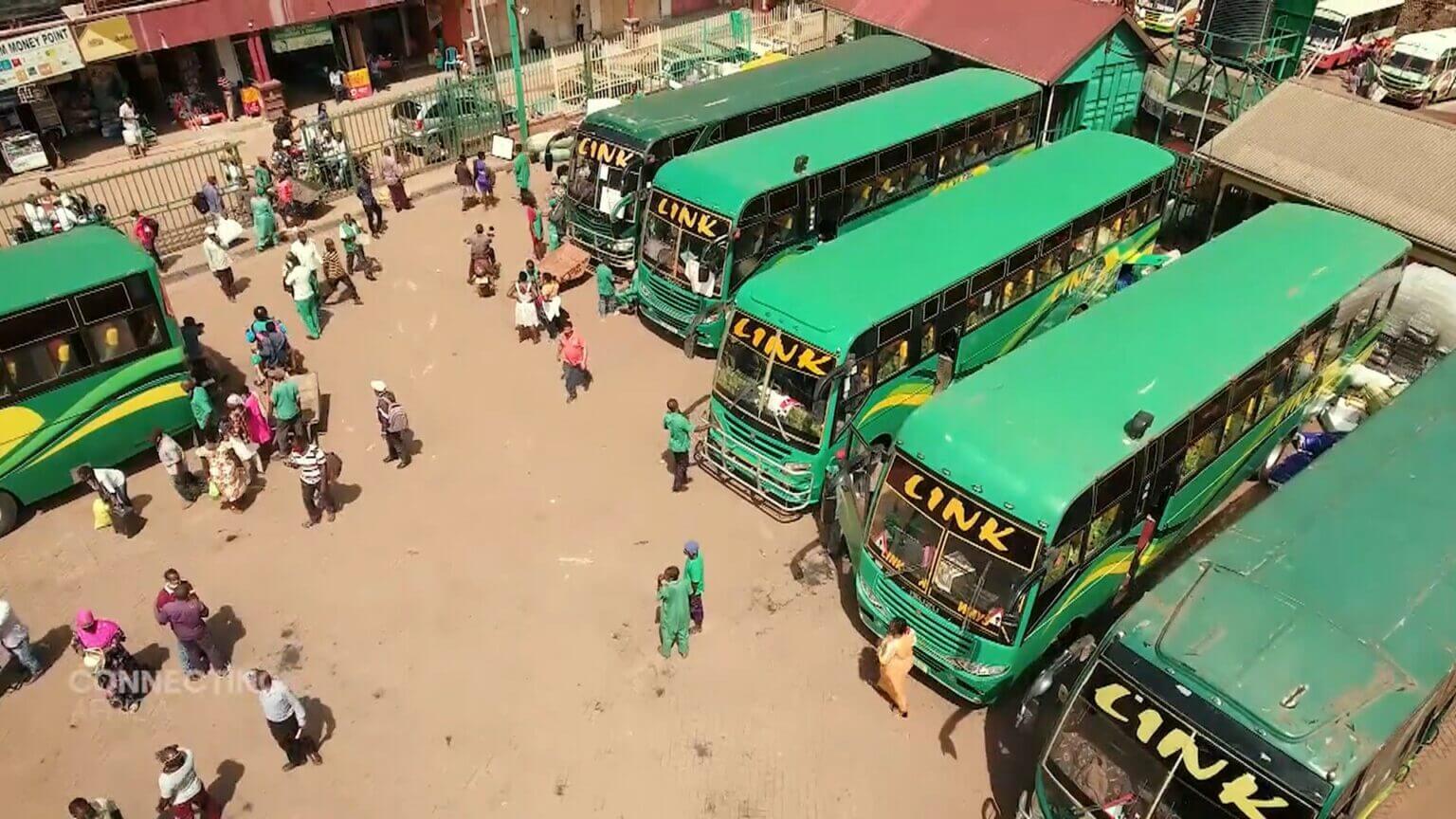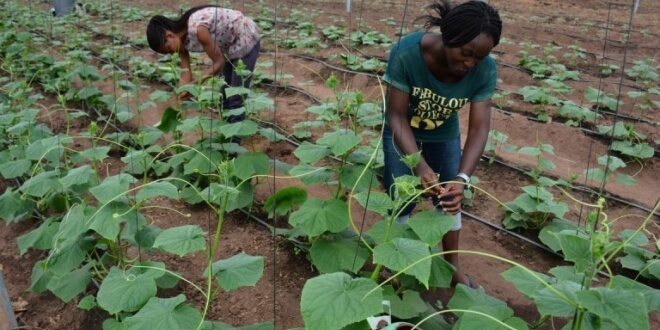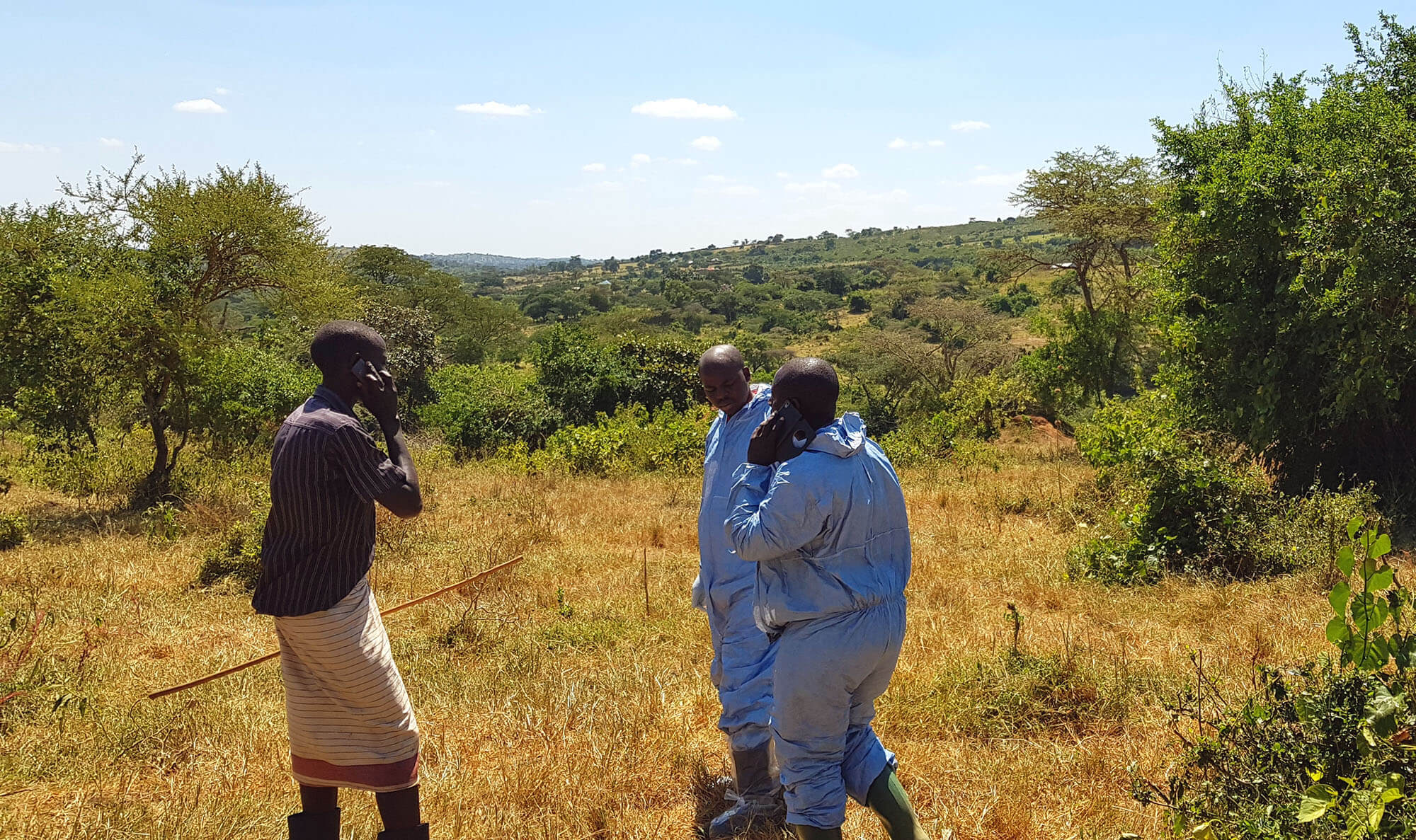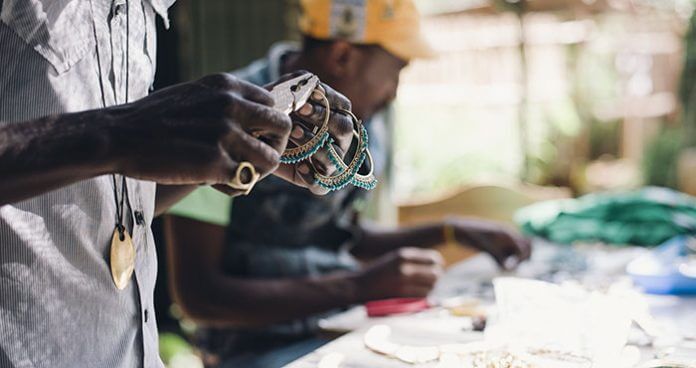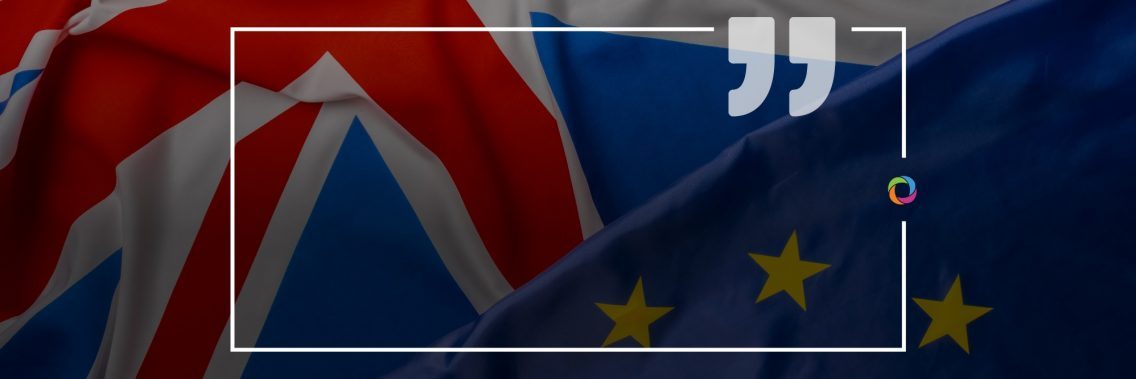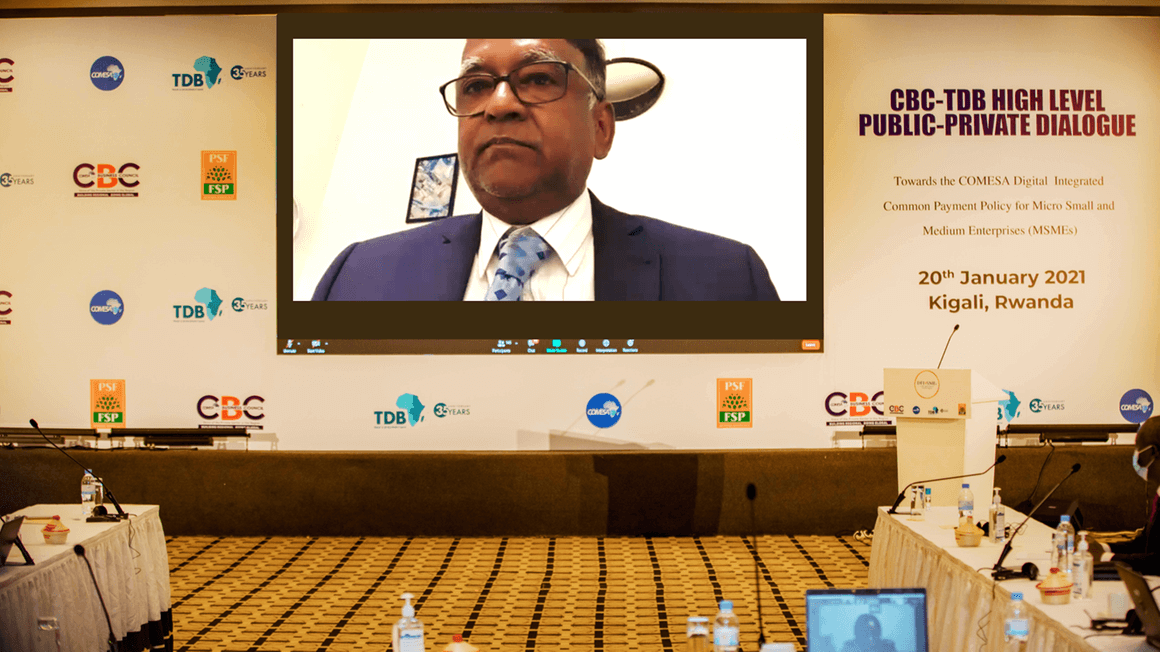DENMARK has committed to support green trade and the fight against the Covid-19 pandemic in the East Africa Community (EAC) region. The funding will be channeled through TradeMark Africa (TMA), a leading Aid for Trade Organisation renowned for partnering with Eastern African governments to reduce barriers to trade, through automation and adoption of sustainable physical infrastructures such as One Stop Border Posts (OSBPs) and ports, among others. In the two agreements, 14.5 million US dollars will support Kenya's efforts to transition to green trade and create sustainable jobs under the Denmark and Kenya Strategic Framework for 2021 to 2025. The second agreement of 3 million US dollars will support continued response to Covid-19 under TradeMark Africa's Safe Trade Emergency Facility Programme. Denmark Ambassador to Kenya, Mr Ole Thonke was quoted as saying that with the green trade funding (14.5 million US dollars), TMA will partner with government institutions and private sector in adopting sustainable and efficient transport, infrastructure for reduced barriers to trade, improving trading standards, sanitary and phytosanitary issues and improving business competitiveness. The new funding will build up on results that have been achieved in previous programs funded by Denmark, including support to non-motorised transport in the ongoing construction of Mbaraki Road in Mombasa, to include construction of storm water drainage facilities for climate change adaptation, installation of street lighting, construction of footpaths, walkways, and access ramps to enhance movement and safety of people living with disabilities. In automation, Denmark's funding will ensure that government agencies in partnership...
Boost for EAC green trade
Posted on: February 15, 2021
Posted on: February 15, 2021

